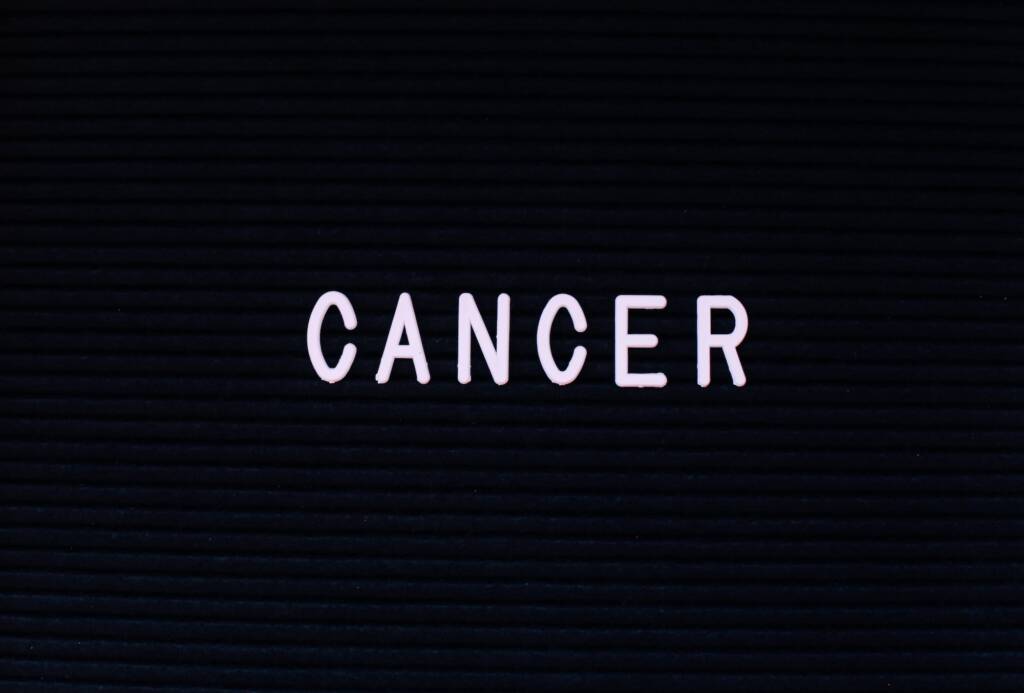Welcome to my blog post #2 describing my foray into the world at the intersection of medicine, genetics and technology. This time I will focus on cervical cancer; a cancer that kills 1 woman in India every 8 minutes and is the second largest cause of cancer-related deaths in women in India, right after breast cancer. However, it is the most preventable of all the cancers with some countries approaching complete elimination of cervical cancer deaths. So why this gap in cervical cancer statistics between India and the developed countries?
To answer that question, let’s start with the basics of cervical cancer and then review the cultural and logistics issues faced by women in India that contributes to 25% of the world’s cervical cancer deaths.
Cervical cancer is a type of cancer that occurs in the cells of the cervix — the lower part of the uterus that connects to the vagina. There are about 200 strains of the human papillomavirus (HPV), that can be transmitted both sexually as well as through events like child birth where it can be transferred from mother to baby, but only about fourteen of those strains play a role in causing most cervical cancer. It is estimated that 80% of the women in the world contract one of the strains of HPV at least once in their lifetime but the body’s immune system typically prevents the virus from doing harm. In a small percentage of people, however, the virus survives for years, contributing to the process that causes some cervical cells to become cancer cells. Per the World Health Organization (WHO), every woman can reduce her risk of developing cervical cancer by having regular screening tests and receiving a vaccine before she turns sixteen (although the newer vaccines can be taken even later), that protects her against HPV infection. It is important to note that the vaccine only protects against two to four of the fourteen cancerous strains and therefore screening needs to go hand-in-hand with vaccination to protect the woman against the remaining cancer-causing strains. For 453 million women in India who are past the vaccination age as well as the 10 million that join their ranks each year, regular screening is the only defense against cervical cancer. The standard approach used in India for cervical cancer screening is a Pap smear that requires a medical professional to take a cervical swab from a woman to detect for pre-cancerous or cancerous cervical changes associated with HPV. The approach used in most developed countries is a combination of a DNA based HPV test to look for the presence of the cancerous strains of the HPV earlier in the process, and a Pap smear to look for any abnormal cell growth that may already be happening.
Let’s look at the issues that plague India when it comes to cervical cancer care:
- The ratio of doctors to patients in India, per the Medical Council of India in 2017, is 0.62 to 1000. Compare this with the rest of the BRIC countries that are in a similar state of economic development as India: Brazil is at 1.852:1000, Russia is at 3.306:1000, and China is at 1.49:1000. This poor ratio in India translates to doctors getting very little time per patient and therefore a natural focus for gynaecologists to spend time with patients that need treatment rather than on prevention strategies for healthy women. Practically this manifests itself in lower vaccination rates as well as lower screening rates than is seen in most other countries: India has a less than 1% vaccination rate and a less than 3% screening rate among women in the 30-65 age group while most developed countries see between a 70% and 90% vaccination as well as screening rate among that same demographic. The less the focus on vaccination and screening as a prevention strategy, the higher the late stage cancer statistics, resulting in a greater burden on treatment and a larger number of fatalities.
- Providing a cervical sample is an awkward and often embarrassing procedure even in many of the developed countries where about 10% to 20% of the population avoids getting screened for this reason. In India, this problem is magnified manifold due to cultural or awareness issues.
- The Pap smear, while being less accurate than a DNA based HPV test, is more affordable for the common man (a couple of hundred rupees vs. a a couple of thousand rupees). Although studies have clearly shown that a DNA based HPV test is still more economically viable over the lifetime of a women, given its much higher sensitivity than a Pap smear (the higher the number, the lower the chances you will be incorrectly told you are fine when you are not) and high specificity (the higher the number, the lower the chances you will be incorrectly told you have an issue when you actually do not), but the cost is definitely a turn-off for the women in the lower income strata.
With this in mind, we have launched or are about to launch three programs to address the above issues head-on:
- The first program is a collaboration between Corporate Social Responsibility (CSR) funds focused on women’s health, NGOs that deliver last mile care to women in lower-income areas and the medical diagnostics organizations, to screen more than 4,300 women to-date in the Pune area in the last 8 months. Organizations like Gharda Chemicals, Prayas, I-SHARE Foundation, GenePath Diagnostics and many others have come together to create an ecosystem with the goal being to eliminate needless deaths due to cervical cancer in Pune and then extend this template to other cities, states and eventually the country. It is an audacious goal but one that this ecosystem has set out for itself. If you happen to be a part of a CSR fund focused on women’s health, I would love to have you join our mission. Similarly, if you are part of an NGO delivering healthcare to the last mile, I would love to find ways to collaborate to achieve the required scale.
- The second program is a corporate focused approach aimed at those companies that are excited about our mission of becoming cervical cancer free, by paying for the screening of all the women employees (as well as the women relatives of employees) in their own organizations. We launched this program about two months back and the initial response has been encouraging. The social as well as health impact of this program is rewarding to all involved and we are looking for any corporates that are keen to partner with us on this.
- The third and final program is a consumer focused strategy aimed at women with higher education levels who are interested in taking control of prevention strategies, such as regular screening, into their own hands. For this group, we will be launching a direct-to-consumer site, later this month as a beta release and next month as a full launch, where anyone can learn more about the various aspects of cervical cancer screening, and sign up to purchase our gynaecologist-approved, self-collection of sample by the woman in their own home, DNA-based HPV test. While common in the developed countries, it is a significant development for India given the issues described above. I am personally very excited about this endeavor given the feedback we have received in tests with women focus groups so far. If you are interested in signing up to be among our launch consumers, please do drop me a note.
A year back I was completely clueless about cervical cancer, its origins, the sobering statistics, the pros and cons of the various screening strategies, treatment options, etc. but the more I learnt about it, the more I realized that a few practical innovations and a focused go-to-market approach can lead to reducing and eventually eliminating the large number of unnecessary deaths due to cervical cancer. It definitely felt like a battle worth fighting and so, with my colleagues at GenePath Diagnostics, I-SHARE and Prayas, here we are. If you are interested in helping in any of the above mentioned ways, we would appreciate and welcome it.
Nickhil

